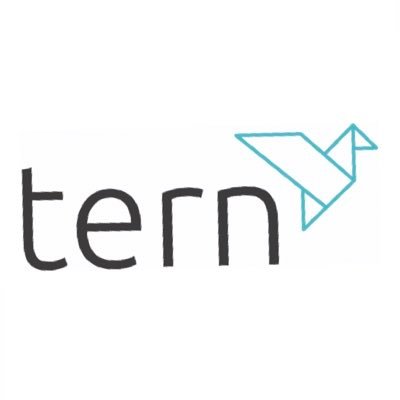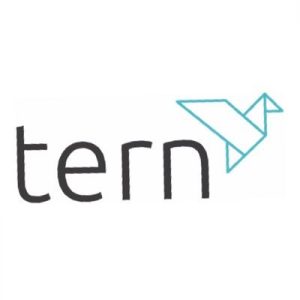The Internet of Things (IoT) is expanding rapidly, with an ever-increasing number of devices and use cases marking the advent of a new era in connectivity. Advances in artificial intelligence are significantly contributing to this growth. However, despite this progress, a study by Beecham Research reveals that only 12 percent of companies consider their IoT projects entirely successful. This indicates that many organisations are still uncertain about what factors contribute to the success of IoT initiatives.
Like any IT project, each IoT deployment must address a specific business need with a clear return on investment (ROI). Success hinges on meticulous planning, clear specifications, and effective project management, particularly during the rollout and adoption phases. Several specific aspects must be considered to ensure an IoT project’s success.
Starting with scalability in mind is crucial from the very beginning. Successful IoT projects do not require substantial early investments. By starting small and iterating, you can ensure a good ROI. This approach requires a consideration of scalability from day one, ensuring the project can expand and scale up as ROI is proven.
For projects that demand uninterrupted connectivity, such as connected medical devices and critical infrastructure, service disruptions are unacceptable. Building network redundancy by working with multiple providers and connectivity types ensures that there is always a backup if the primary connection fails.
Low latency is vital for real-time data applications, such as those in industrial and infrastructure settings. Addressing latency issues involves ensuring good connectivity, implementing distributed architecture, and utilising edge computing capabilities. The solution should be tailored to meet the specific requirements of the project.
Reliability of devices is another critical factor. A modular design that allows for easy replacement of failing devices is important, particularly since hardware and batteries are prone to failure. Strategies should be in place to switch out batteries, monitor performance, and extend the device lifecycle to minimise issues and reduce electronic waste.
Network security is paramount, given that adding numerous connected devices introduces new vulnerabilities and potential access points. Therefore, cybersecurity must be a top priority for any IoT project.
Data storage and management are also essential. IoT devices generate vast amounts of data, and it is crucial to have clarity on the purpose of this data. This clarity allows for the implementation of appropriate data storage, processing, analysis, visualisation, and reporting tools. A successful IoT project must have a robust data architecture to store and interrogate data cost-effectively.
Monitoring IoT networks is necessary, not only for the data they generate but also from a cybersecurity perspective. Effective monitoring ensures efficient operation and enables the timely resolution of any issues before they escalate.
Analytics capabilities play a significant role in the success of IoT projects. The ROI of any IoT project depends on the effective use of the data generated by IoT devices. Investing in data analysts, data visualisation tools, and AI solutions to extract maximum value from the data is critical to achieving project success.
The success of an IoT project is not a finite achievement. It can continually grow and evolve, adding new capabilities, connectivity, and analytics tools over time. By doing so, the project can adapt to meet the changing needs of the organisation, customers, and other stakeholders, ensuring its ongoing and long-term success.
Tern plc (LON:TERN) backs exciting, high growth IoT innovators in Europe. They provide support and create a genuinely collaborative environment for talented, well-motivated teams.


